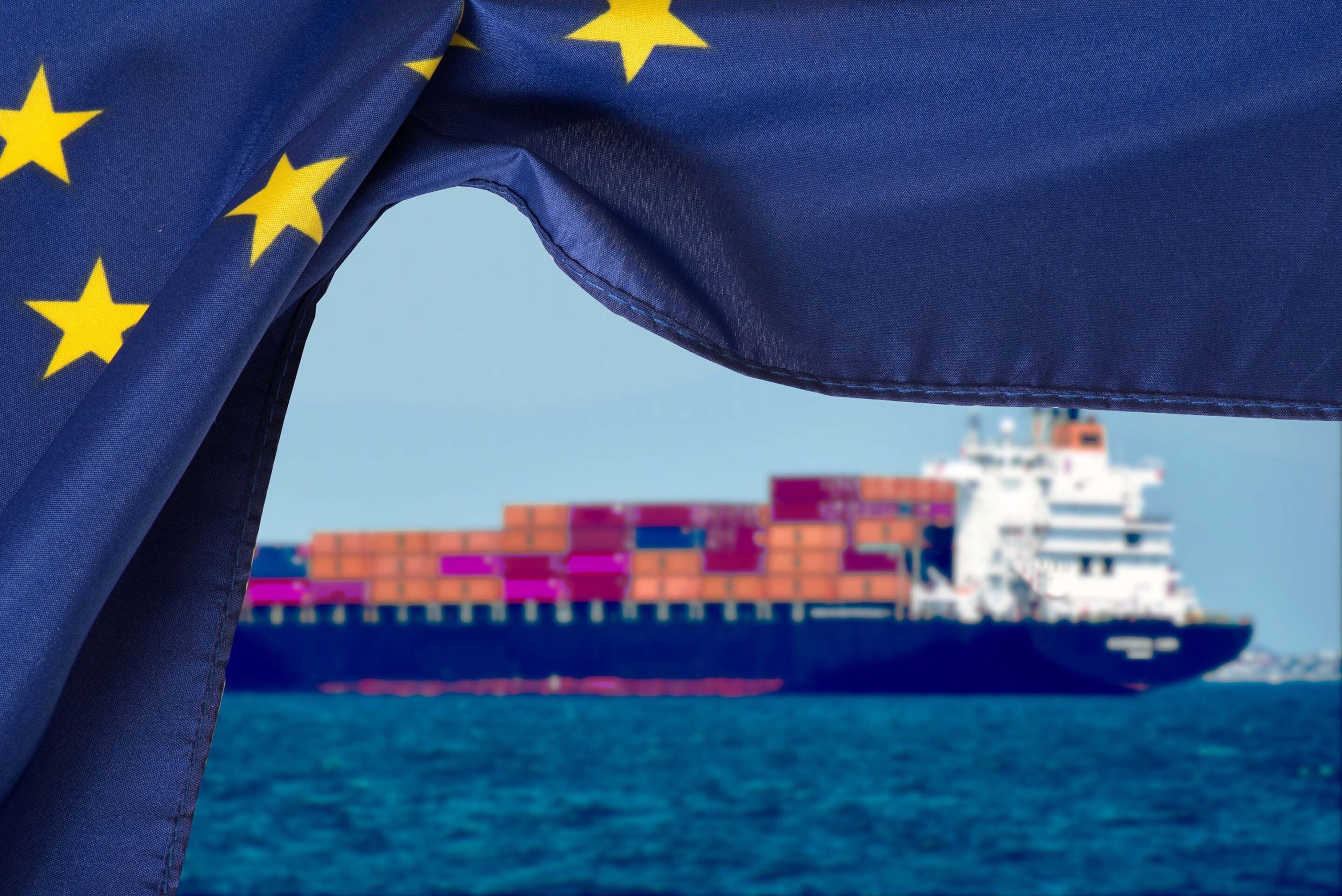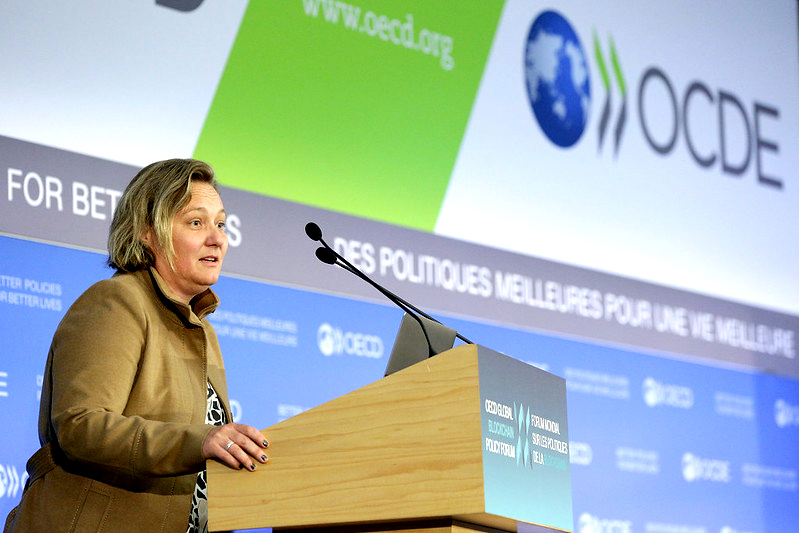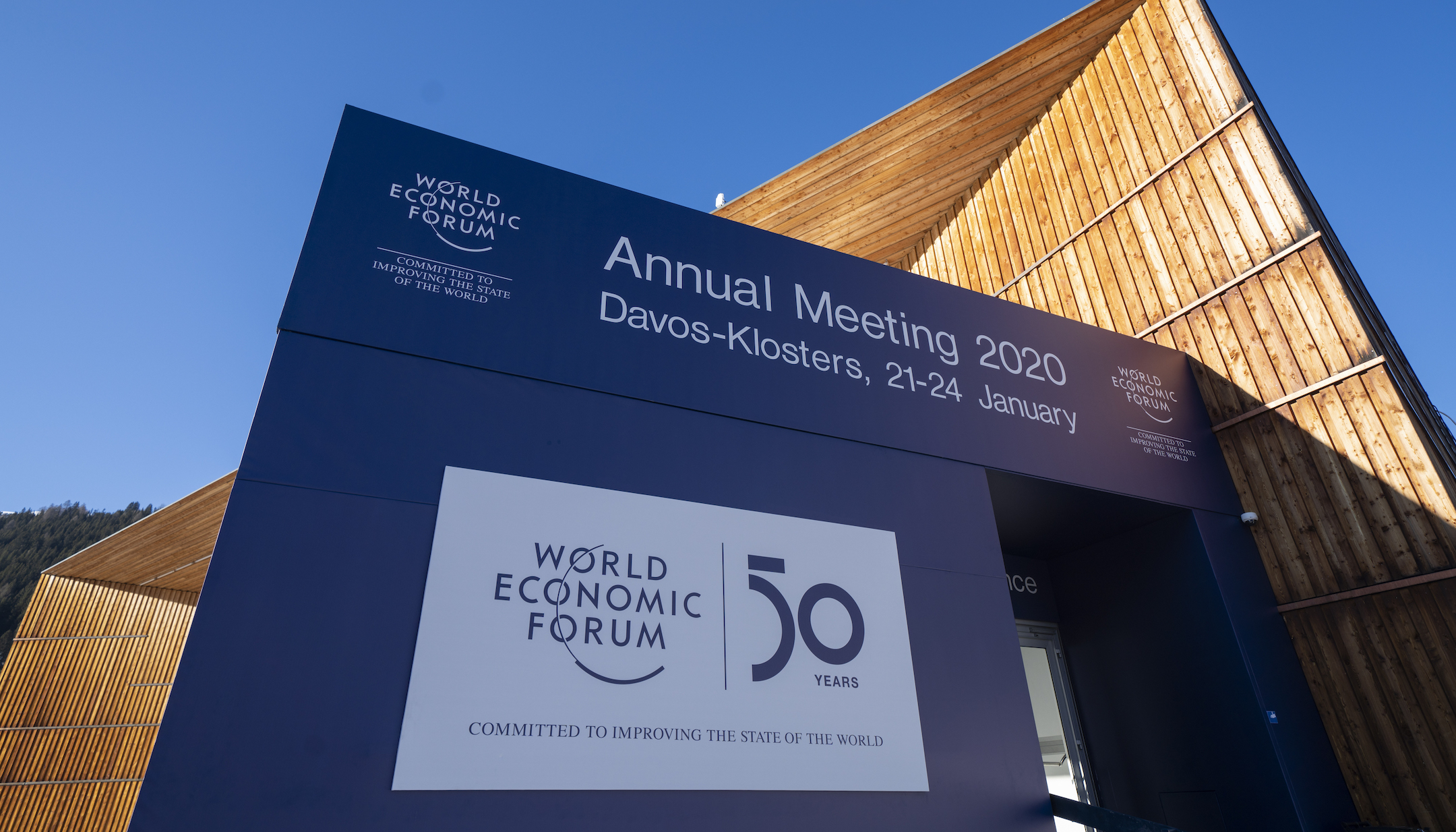People often think of technology advances as disruption. Yet, they’re only disruptive to the people who are most comfortable with the status quo. I prefer to see them as co-evolution and liberalization. After all, what’s disruptive about helping small businesses to access fair rates of finance, access to fairer supply chain suppliers, or ensuring that artisanal miners or craftsmen are properly paid for their hard work?
The simplicity of blockchain is vital for giving visibility to supply chain information – an asset that is traditionally guarded and commonly abused. This new transparency can not only help reduce the burden of compliance on companies and businesses, but also limit the influence of intermediaries.
In recent years, we have seen declining trust in major institutions that were the custodians of trust for so long. Two major global events have contributed to this ‘trust implosion’: the global banking crisis and the rise of Fintech. In the past, ordinary people were made to accept an asymmetric power balance. Their lives were made transparent to the ‘establishment’, while the inner workings of those institutions were kept hidden. The middlemen created a de facto monopoly of trust. That two-way mirror is being smashed.
The contours of new trust paradigms are being created in different ways. We no longer need to place our confidence in declining and opaque authorities. Trust-enabling technology such as blockchain allows us to bypass the go-betweens, avoiding the risk of error, delay, bureaucracy and, yes, deception.
Governments and businesses have become remarkably good at planning and then executing strategies across complex, global supply chains. Similarly, many governments increasingly excel at setting bold, progressive policies and executing large, ambitious programmes. The problem for both is, the world is shifting under their feet, given the complex nature and rapid adoption of emerging technologies. They must sort their trust inertia or risk losing control.
When the OECD asked me recently to open their Global Blockchain Policy Forum in Paris, it was a deep honor to accept. I believe organizations like the OECD have a leading role to play in setting standards for the global adoption of blockchain, which has the potential to transform the functioning of a wide range of industries. Within two to three years, it will cause companies to transform their business models and change how they create and capture value. I’m ready to help the OECD and its stakeholders to bridge the gap.
We need to make sure that blockchain remains a force for good. It needs to fuel the machinery of society rather than grind it to a halt. The brave new blockchain world needs to be carefully regulated, so that it benefits the widest number of people in the fairest way. It needs to maintain its interoperability throughout ecosystems and supply chains, otherwise it will serve a narrow sphere of interests rather than the common good.
If we create fractured systems, with a hyper focus on efficiency rather than transparency, then blockchain risks losing the trust it can foster. If we can’t find a system that works for everybody, and not just some, then we will have wasted a golden opportunity and let future generations down. I believe it’s that real.
The OECD and other international organizations, such as the United Nations and the World Economic Forum, have a role to play in steering governments to set a policy environment that encourages innovation and experimentation in blockchain, while monitoring the risks of misuse. Of course, we can’t do it alone. We need a coalition of stakeholders who can think strategically and across borders, to avoid unwanted and unintentional consequences.
Blockchain is an engine for driving the world’s to-do list. Distributed ledgers can lead to distributed opportunities. But we mustn’t confuse the aim with the technology. Trust is broken in the world, and it needs to be fixed. This is a human challenge. Tools like blockchain can encourage and facilitate transparency, but it’s up to private businesses and public institutions to make it stick for the rest of society.
Will you rise to the occasion?
Original Publication by Forbes.










